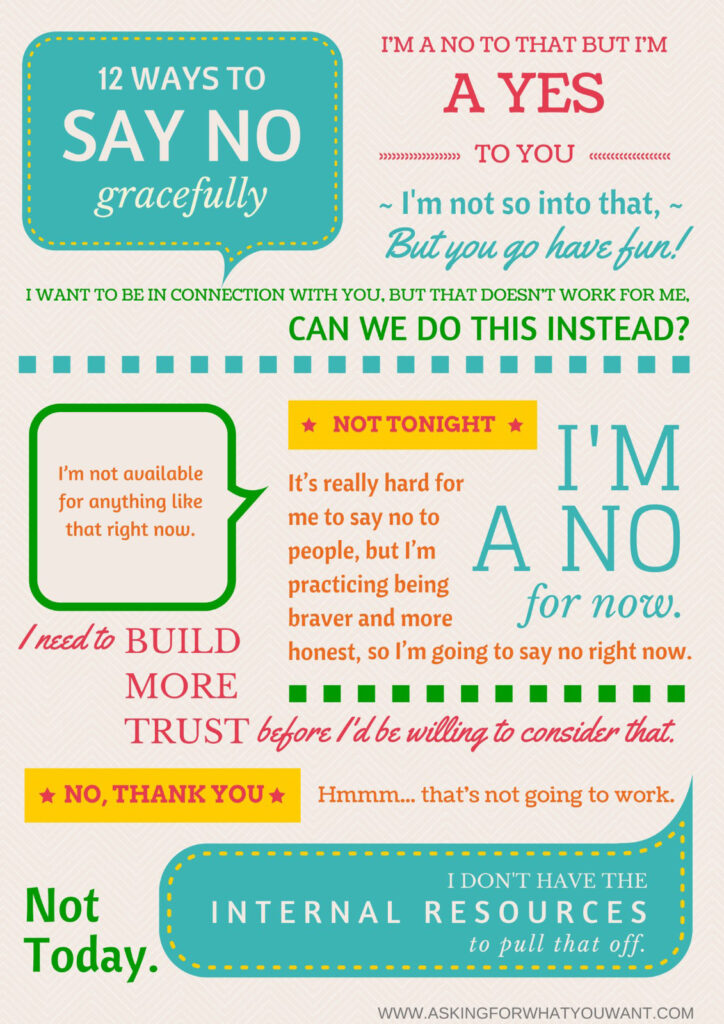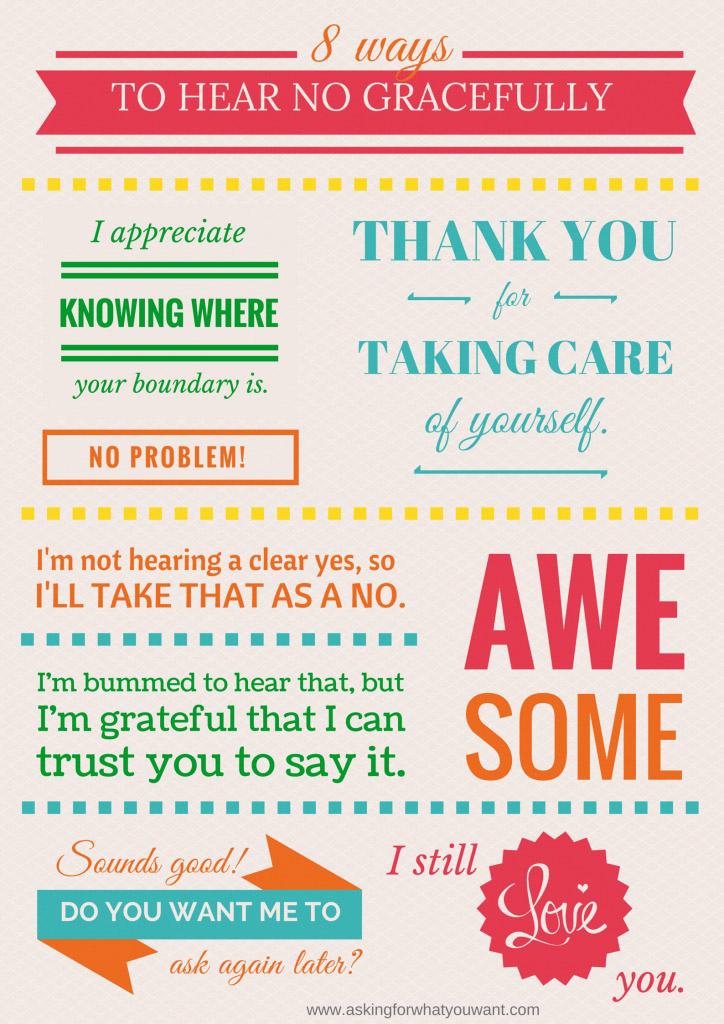Consent
Decompression is intense. We make it safe by helping everyone understand how to look after themselves – and each other.
Consent Reporting
Report any community-based consent related issues via our online form:
http://tinyurl.com/ConsentReportForm
or via:
These are checked by the 2024 London Decom Consent Leads CK, Dey and Triz.
If your report is about one of the Consent Leads DO NOT use the Consent email or the online form. Instead you should contact Event Lead Carly via carly@londondecom.org
Consent – “Hell Yeah”
Consent isn’t really taught in schools. No, we’re not sure why either. Consent is an agreement between people to do something specific together. It is not just about sex, it’s needed before doing anything involving more than one person. This includes things like touching clothing, assistive equipment or accessibility aids that are not your own.
Burner communities practice proactive consent. Put simply, if it’s not a “Hell Yeah”, it’s a “No”.
An easy way to remember it, is proper consent lights FIRES.
FREELY GIVEN – this means not coerced, pressured or reliant on specific conditions.
INFORMED – all relevant information just be disclosed in advance. If you’re ill, don’t offer to hug someone without telling them you have a cold first.
REVERSIBLE – consent can be withdrawn (or downgraded) at any time, without needing justification. Do not keep going along with something that you are not enjoying.
ENTHUSIASTIC – you’re looking for a massive YES to continue. Anything less should be considered a No until you get clarification.
SPECIFIC – just because someone consents to one activity does not mean they consent to anything else.

Saying No
Saying no can be hard. You can feel like you’re letting someone down, or not ‘being cool’. It can take people a while to realise that in these spaces, defining your boundaries is about the coolest thing you can do. Here’s a few ways to say no that might help:
- It’s not my thing
- I’d prefer it if you didn’t
- I’d rather not
- I’d feel safer doing something else
- I’d appreciate it if you respected my boundaries…
- Signing yes or no (this can look different in different signing systems, try to teach or communicate the ones you prefer to use)

Hearing No
Hearing a no can be hard. It can feel like a rejection of who you are, it can be embarrassing. It takes a while to realise the power of a proactive no. Here are a few ways to accept a no graciously, that empowers people to say it more often:
- Tell them you appreciate their honesty
- View this as a way of getting to know the other person’s boundaries (and in turn, the other peson) better
- Thank them for their bravery
- Praise them for looking after themselves
- Thank them for letting you know where their boundaries are

We have to remember that proactive consent is an amazingly positive thing that helps people feel empowered to try new things.
Continuing Consent
Keep checking in.
Consent is always reversible. Keep checking in. Their mood might have changed, any new action might be something they didn’t consent to. Be aware of anyone who’s gone silent. Check in and make sure they’re still there with you. Here are some ways to check consent (and some questions that make it easier to say no/ withdraw consent should someone be struggling):
- Are you a hugger? (Or variations upon ‘in to’ a particular thing)
- Is this still OK?
- How are you feeling?
- Do you want to stop or carry on?
- Encourage them to sign a yes or a no if they have become non-verbal (this can look different for different signing systems, try to find and understand the correct ones prior to beginning a consent-led activity)
Stand up for consent
We need to be aware of those around us. We are often confronted with situations that seem questionable. You can and should check in on others, even strangers.
- How are things going?
- Do you feel safe?
- Are you okay?
- Do you need to find a safe place or a friend?
- Is everyone here fully consenting?
These are all good questions to ask in uncomfortable situations. Be willing to help a person in a non-consensual situation get to safety, whether it’s to the Rangers, Welfare, security or finding their friends.
Practice these principles, and soon consent will become second-nature to you. This stuff isn’t taught early enough. Educate those around you in a loving, understanding way, and we can all live in a happier, more beautiful world.
5 Easy consent rules to follow
- Never make unsolicited sexual remarks, gestures or comments about someone else’s body.
- Respect someone’s personal boundaries- including not touching them, their clothing or any assistive aids (e.g. wheelchairs) without clear permission.
- Never photograph someone without their enthusiastic consent. Always check if all people in the frame want their photo taken and happy with what you plan to do with the photo.
- Never treat someone else’s body like a commodity (as in, using a body as a form of currency. For example, needing to “flash” a server to gain food and/or drink) without their enthusiastic consent.
- Always take “no” for an answer. Respect people’s right to not give or withdraw their consent.
Photo Consent
We are lucky to have some wonderful photographers working with us for the event this year. Our event photographers will be capturing atmospheric shots of the space, some posed photos, and a few candid moments (for candid shots, photographers will check in with you afterwards to show the photo and delete it if you prefer). There will also be a dedicated photo booth area in The Eyerena.
We are aware that not everyone wants to be in photos so to help our photographers easily see who would like to opt out, we will have some badges available.These can be found with the Greeters and with the Badge-Making Station.
Please make sure that your badge is visible if you want to opt out.
Our photographers will do their best to not include people with badges but this will depend on how easily they can see your badge when photos are being taken.
Photos will be available to review after the event via a link send to members only and you’re welcome to request any that include you to be taken down.
We expect all attendees at London Decom to also be aware of photo consent and follow the same policy. Do not take photos of other people without consent. Try to ensure that no one in the background of your photos can be identified.
If you do obtain permission to take someone’s photo, also get consent to post to social media.
Drones or Unmanned Aerial Vehicles are not allowed at Decom unless authorised in advance by the event organisers.
Nudity Policy
London Decompression is held in a licensed venue and just comply with various regulations.
Participants are welcome to be topless in any space after passing security and Gate.
Topless means that nipples can be on show and there are no caveats about male and female nipples that exist in other spaces.
Genital nudity of any kind is not allowed. This includes transparent or sheer clothing where genitals are viable.

